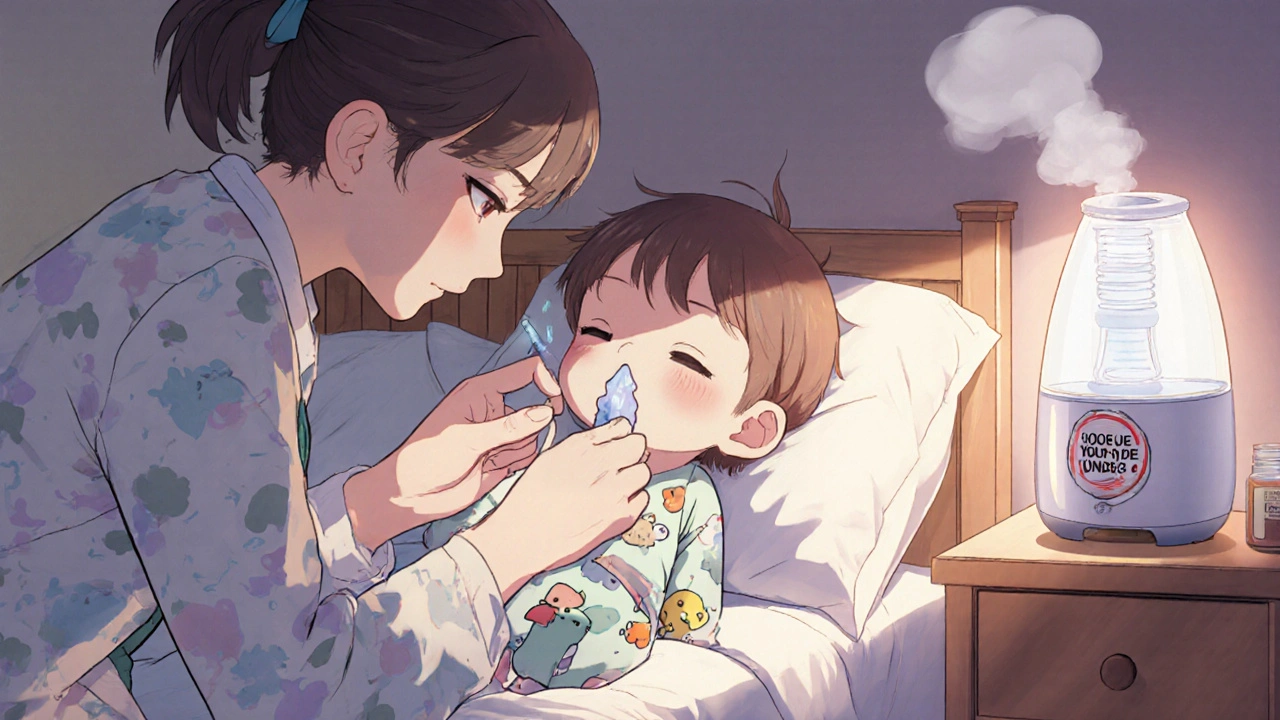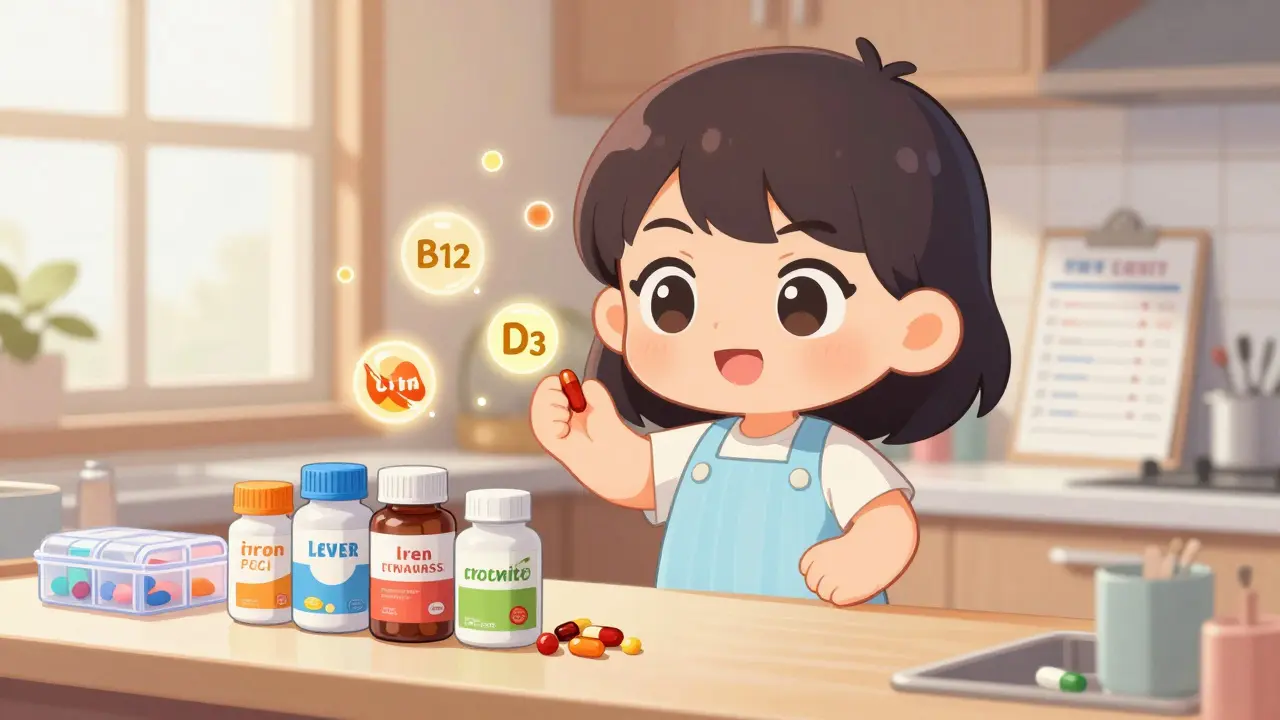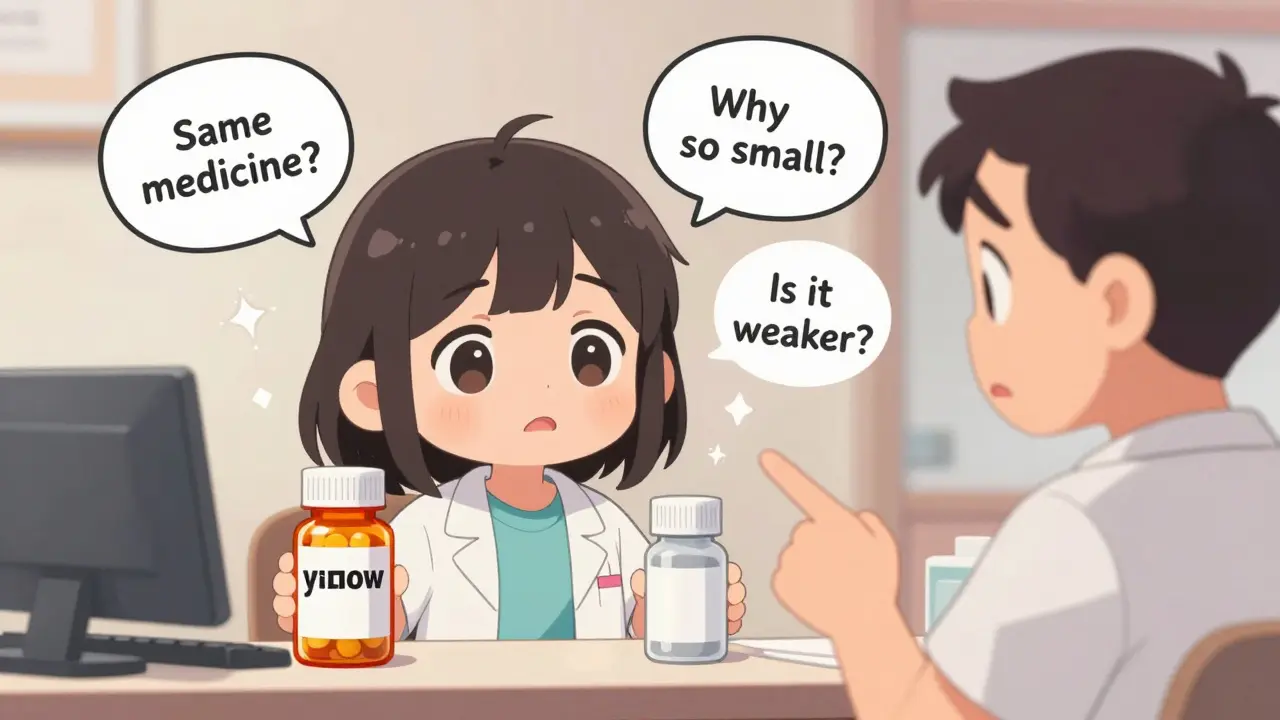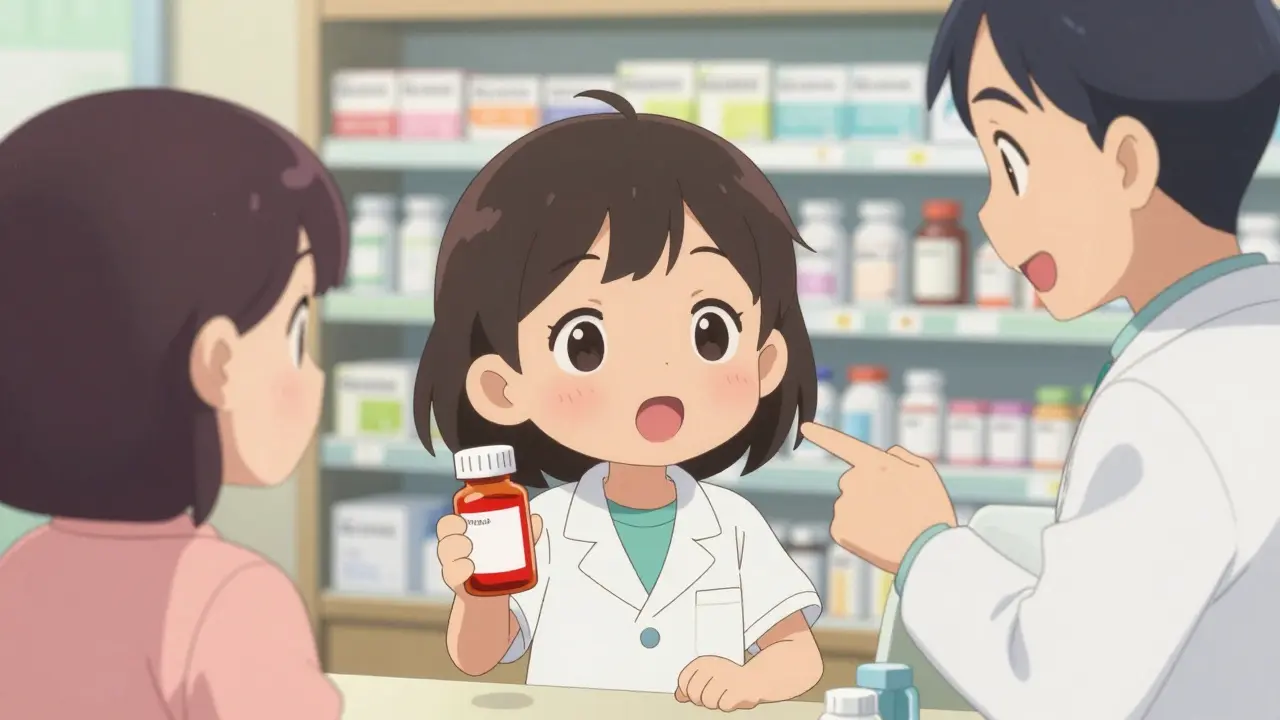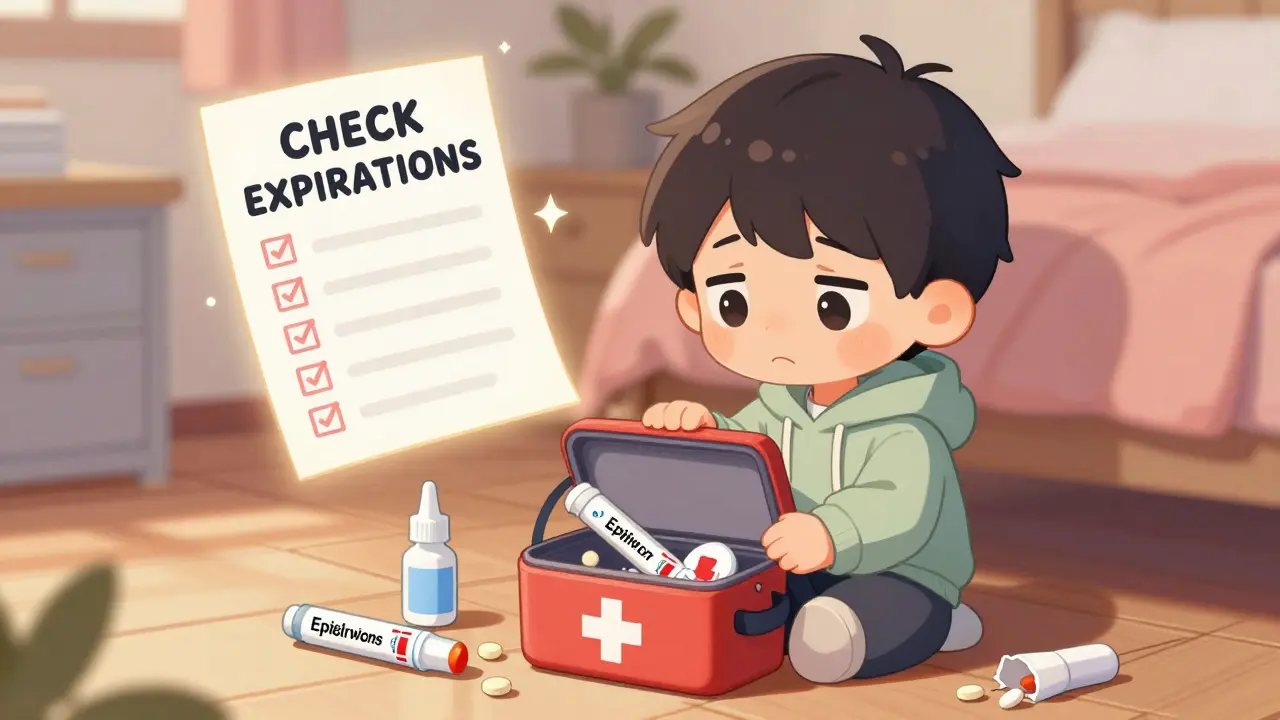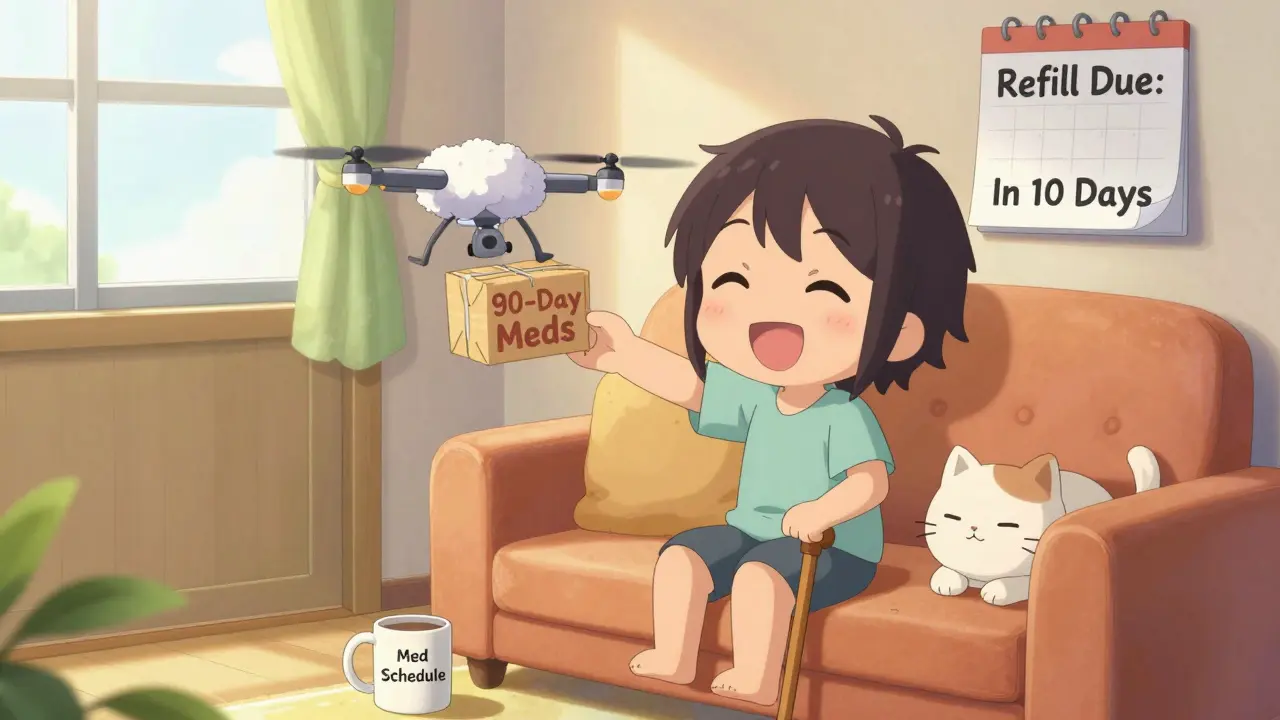Children's Cough Medicine Safety: What Parents Need to Know
When it comes to children's cough medicine safety, the use of over-the-counter cough and cold products in kids under 6 is a major concern for pediatricians and pharmacists alike. Also known as pediatric cough remedies, these medicines are often given out of worry—but many offer little benefit and carry real risks. The FDA doesn’t recommend them for kids under 6, and the American Academy of Pediatrics says the evidence for effectiveness is weak. Yet parents still reach for them, thinking they’re helping. The truth? A spoonful of honey, a humidifier, and plenty of fluids often work better—and safer.
One of the biggest dangers isn’t the medicine itself, but what happens when you mix it. Many over-the-counter cough meds, including those with dextromethorphan or antihistamines like diphenhydramine. Also known as OTC cough meds, they’re found in multiple products under different brand names. A child might get one for a runny nose and another for a cough, not realizing both contain the same active ingredient. That’s how accidental overdoses happen. Dextromethorphan, for example, can cause drowsiness, confusion, or even seizures in high doses. Antihistamines? They can slow breathing, especially in infants. These aren’t rare cases—they show up in ERs every winter.
And then there’s the myth that coughs need to be stopped. Coughing isn’t the problem—it’s the body’s way of clearing mucus. Suppressing it with medicine doesn’t speed recovery. In fact, studies show kids recover just as fast with no medicine at all. The real goal isn’t to silence the cough, but to keep the child comfortable and hydrated. If they’re breathing okay, drinking, and waking up to drink, they’re likely fine. But if they’re struggling to breathe, have a fever over 102°F for more than 72 hours, or are unusually sleepy or irritable, that’s when you call the doctor. Not because of the cough, but because of what it might signal—like pneumonia or whooping cough.
Some parents turn to herbal or home remedies, thinking they’re safer. But not all natural means harmless. Some essential oils, for instance, can irritate airways in young kids. And honey? It’s safe for kids over 1 year old and actually helps with coughs better than some OTC options. But never give honey to babies under 12 months—it can cause botulism, a rare but deadly condition.
What you’ll find below is a collection of real, practical guides from trusted medical sources. You’ll see how common medications interact, why some cough syrups are riskier than others, and what alternatives actually work. We’ve pulled together posts that look at sedative interactions, antihistamine side effects, and how certain drugs affect breathing in children. No marketing. No fluff. Just facts you can use the next time your child gets sick.
